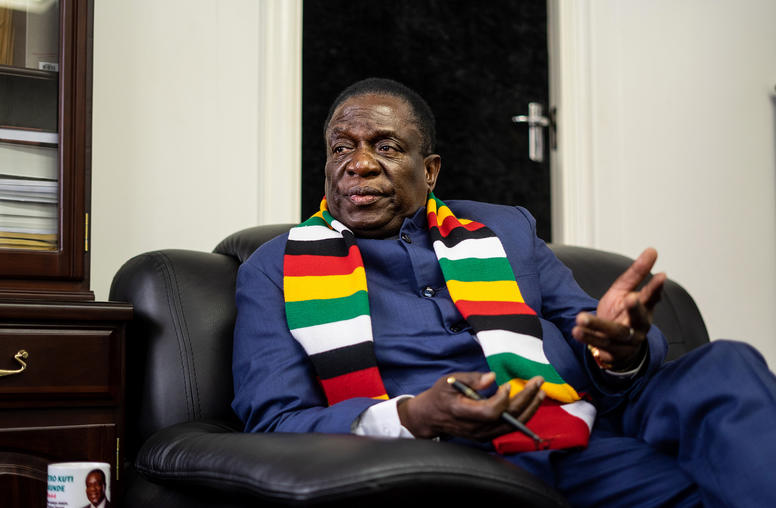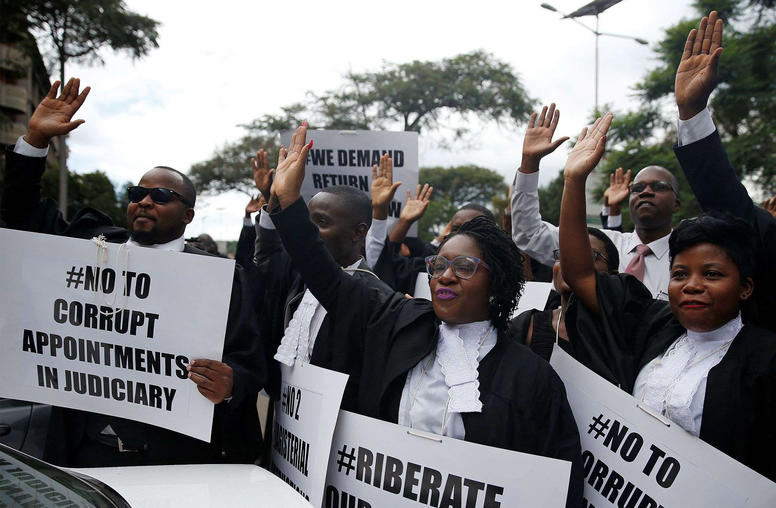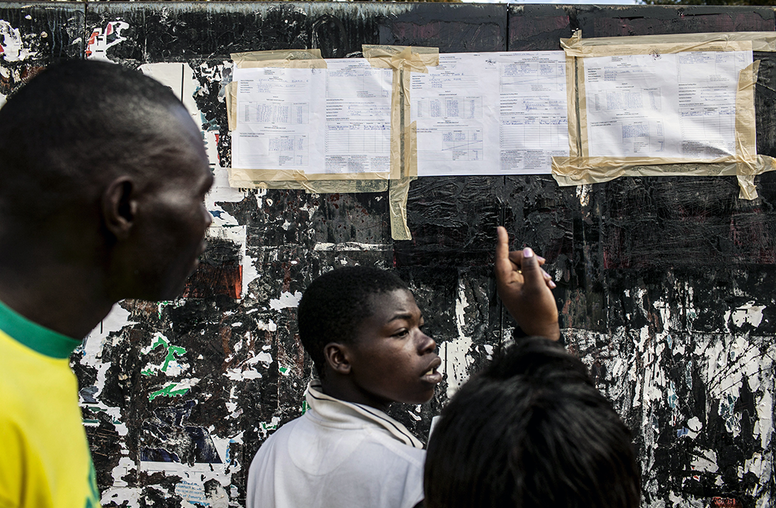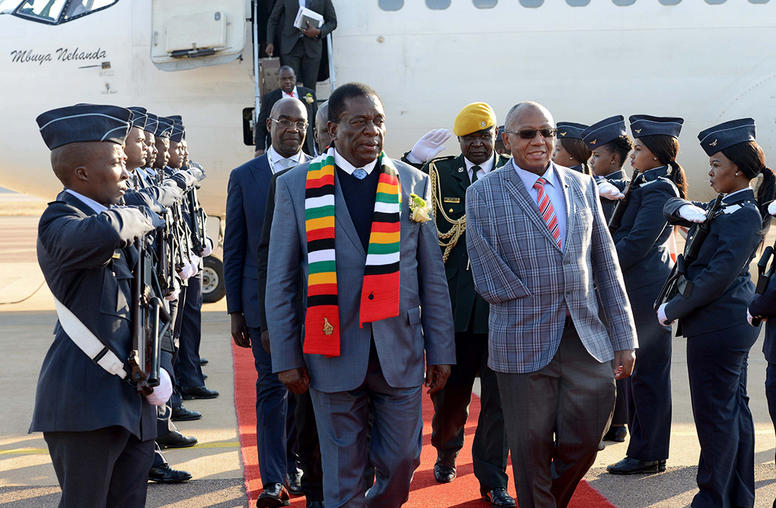Zimbabwe, the Mugabe Government, and the Politics of Torture
On the eve of the UN International Day in the Support of Victims of Torture, the U.S. Institute of Peace and the Center for the Victims of Torture cosponsored a special briefing on Zimbabwe, the Mugabe Government, and the Politics of Torture. In the wake of the March elections in Zimbabwe a panel of experts on Africa and politcal violence explored issues including:
- The systematic use of torture and other forms of violence by the ruling ZANU-PF party and the Mugabe government to punish their opponents and compel them to accept the election results;
- Prospects for a resumption of talks between ZANU-PF and the opposition Movement for Democratic Change (MDC); and
- Responses to the crisis from African nations and the international community, and policy implications for the U.S. and other governments
Moderated by Institute Africa Specialist Tim Docking, the presentation was webcast live on June 25 and included questions from the floor and the Internet audience.
Speakers
- Doug Johnson (Opening Remarks)
Director, Center for Victims of Torture - Ray Choto
Zimbabwean journalist, Stanford University Knight Fellow, torture victim - John Prendergast
Co-Director, Africa Program, International Crisis Group and Former Institute Senior Fellow - Tony Reeler
Director, Amani Trust, Harare
Moderator
Tim Docking
Program Officer, U.S. Institute of Peace



